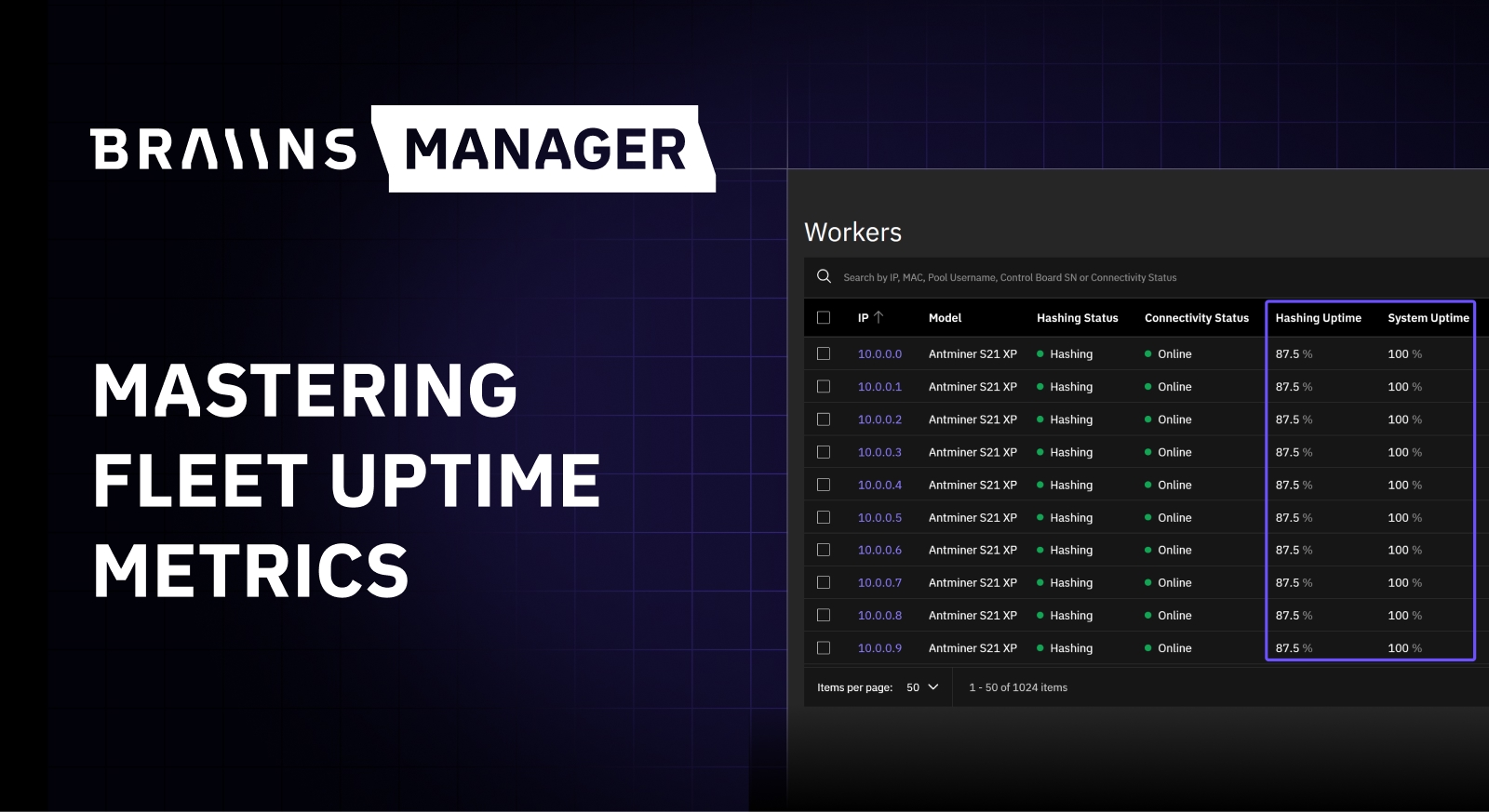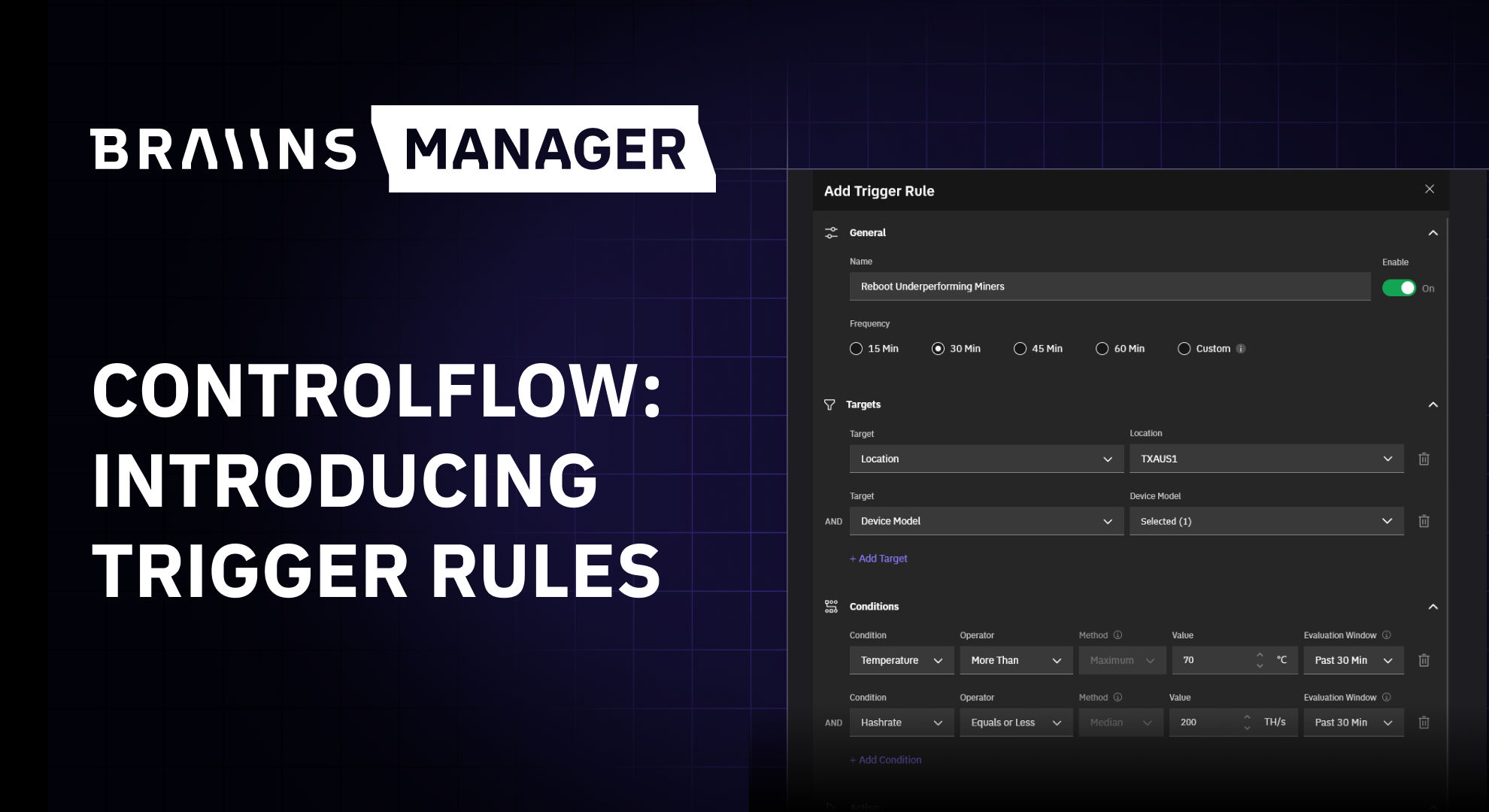A Summary of Bitcoin’s Energy Consumption Debate
Published
26.8.2020
An overview of the information that usually gets left out when Bitcoin mining’s environmental impact becomes a mainstream talking point.
.avif)
Table of Contents
“Bitcoin mining is an environmental disaster.”
You’ve probably come across a few articles making claims like above. Bitcoin mining is energy intensive. But should we be concerned that its energy consumption and carbon emissions pose a real threat to society?
In this article, we compiled a collection of studies and arguments made over the years as to why Bitcoin mining is not an environmental disaster and how it tends to be misunderstood in the mainstream. Our goal is to distill these arguments and present them in a cohesive way.
Bitcoin Mining is Necessary
Miners confirm transactions on the Bitcoin network. They ensure nobody cheats the system. To do this, they compete with each other to have their block of transactions added to the existing blocks (ie. the blockchain). The first one to do so, earns a reward. They compete through hash computations. The more hashes produced, the greater the probability of winning the reward. By converting electricity into hashes they prove to the network that they have paid a cost to participate which anybody can verify.
“This system is the most simplistic and fair way for the physical world to validate something in the digital world.”
“Proof of Work (PoW) transmutes electricity into digital gold.”
— Dan Held in Proof of Work is Efficient
Does this give Bitcoin a legitimate claim on society’s resources?
Bitcoin power usage seems less extreme when compared to power usage of video game consoles or Christmas lights. However, it appears significant when it consumes as much electricity as small countries. Perspective matters here. But the fact is people are paying to have their transactions included in the blockchain. Something voluntarily exchanged cannot by definition be a waste. People are benefiting from using Bitcoin and that’s why they are subsidizing miners. For an individual to say that this is a poor use of society’s resources because they don’t find Bitcoin valuable is akin to them complaining that other people shouldn’t be able to buy video game consoles and consume electricity to play them because they don’t like video games.
Bitcoin’s Energy Consumption
One important factor to consider is that Bitcoin mining can take place anywhere in the world. Unlike traditional mining operations (e.g. for gold or diamonds), Bitcoin mining is highly distributed geographically and can move to wherever power is cheap.
Claims are often made that because Bitcoin mining is energy intensive, it becomes a drain in areas where it occurs. This is inaccurate.
Firstly, Bitcoin mining operations are most commonly located in areas where there is an oversupply of electricity. Why? Because these are the areas where electricity is cheapest — supply is greater than demand and existing technology is not sufficient to effectively store and transport supply to population centers where demand is higher. This is important for mining operations because electricity costs can account for up to 70% of their total costs of operation.
Estimates suggest about 65% of global mining occurs in China, and the province of Sichuan alone produces ~54% of global hashrate. This is largely due to an overbuild of hydroelectric power in the provinces of Sichuan and Xinjiang. The installed hydro capacity is double what its power grid can support, leading to an enormous quantity of surplus electricity.

As Nic Carter summarizes in his article on Bitcoin’s energy consumption,
“Part of the reason Bitcoin consumes so much electricity is because China lowered the clearing price of energy by overbuilding hydro capacity due to sloppy central planning. In a non-Bitcoin world, this excess energy would either have been used to smelt aluminum or would simply have been wasted.”
Hydropower is effective for Bitcoin mining as the marginal cost of generation is essentially zero and it is a stable source of production. A study performed by the BitMEX research group revealed that the majority of Chinese Bitcoin mining operations are in areas of relative oversupply from hydropower operations.

In summary, Bitcoin mining typically consumes electricity which would never reach an energy grid in a large population center. Any honest comparison of energy consumption between Bitcoin mining and other sources like heating and air conditioning or video game playing should account for this fact.
And to be clear, these mechanics incentivizing mining to occur in locations of overproduction (a majority of which is renewable energy) are applicable to Bitcoin mining outside of China, as well. On a global scale, it’s estimated that some 74% of all Bitcoin mining electricity comes from renewable energy sources.
The Takeaway
Bitcoin’s energy consumption often gets singled out because it’s easy to quantify. Yes, Bitcoin mining is energy intensive. However, this is a necessary component of Bitcoin’s value proposition: borderless, scarce, digital, censorship resistant cash that you can use without trusting a 3rd party.
If you don’t recognize the value of Bitcoin and Bitcoin mining, perhaps it’s because you haven’t experienced slow and expensive cross-border transactions, hyperinflation, or financial censorship and disclusion.
Finally, let’s acknowledge a simple fact. If Bitcoin became worthless, all mining would stop. To put it bluntly: if you still believe that mining is highly problematic for the world, your best option is to work on improving the existing financial system to be more inclusive, more efficient, and more trustworthy so that it can outcompete Bitcoin and thus weaken the incentive for miners to operate.
Categories
Be the first to know!
Most Recent Articles

Beyond 100%: Mastering Uptime in Modern Bitcoin Mining
16.2.2026

Controlflow Update: New Trigger Rules
21.1.2026


